US withdrawal from the WHO ‘hasn’t been fully thought through’
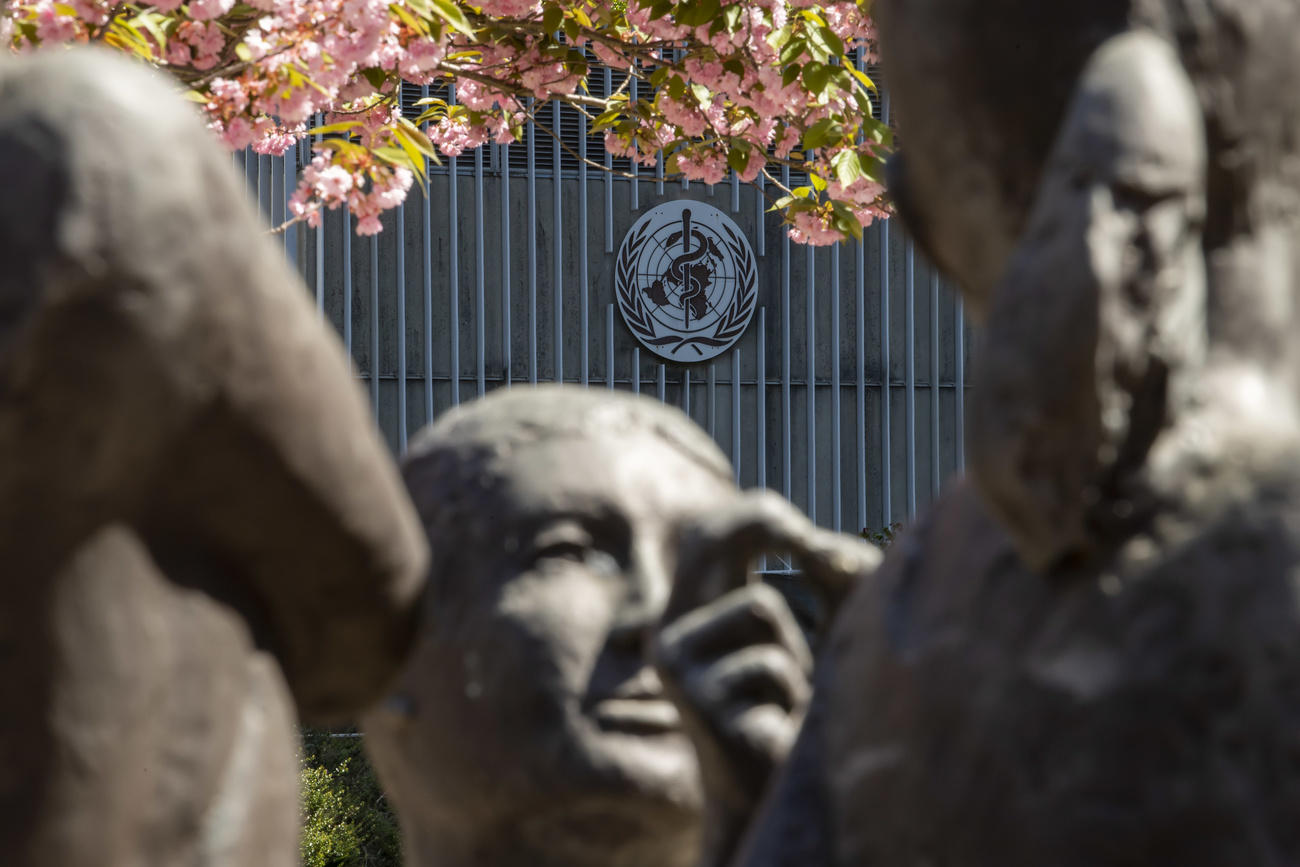
US President Donald Trump says he wants to end his country’s relationship with the Geneva-based World Health Organization (WHO). Global health specialist Ilona Kickbusch explains the implications and what could happen next.
The American president said late last month that he is “terminating” the US relationship with the specialised UN health agency. He accuses the WHO of becoming a puppet of China during the global coronavirus crisis and of failing to make the reforms to the organisation that he had demanded in a May 18 letter to WHO Director-General Tedros Adhanom Ghebreyesus.
swissinfo.ch: Can the US unilaterally withdraw from the WHO, which it helped found in 1948?
Ilona Kickbusch: When it joined the WHO, the US was the only country with a special clause allowing it to withdraw. This was a legal construct agreed by the US Congress. If Trump goes down that road, he would have to formally notify the WHO that the US wants to leave. It would still be part of the organisation for one year and it would still have to pay all any outstanding assessed contributions. [At the time of writing Washington has not yet sent a formal notice of withdrawal.]
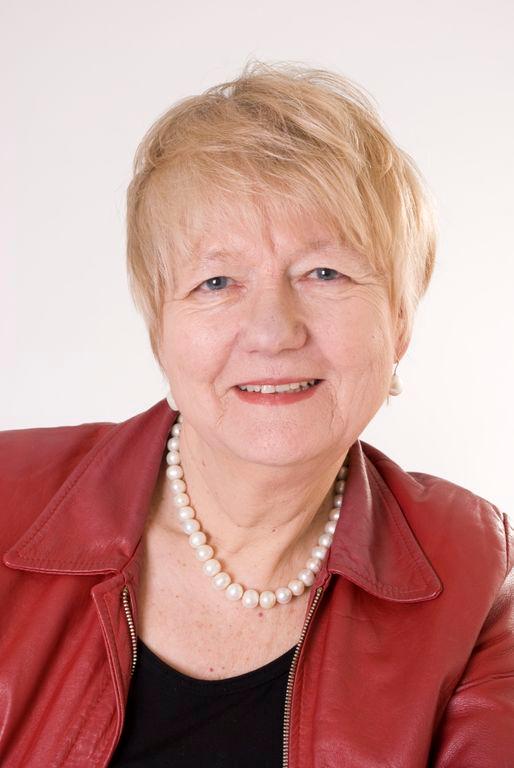
swissinfo.ch: But there are still many unanswered questions. Trump did not say exactly how, when or on what terms the US would leave the WHO. Do you think the president is intending a full withdrawal, or something less dramatic, such as a halt in funding and co-operation?
I.K.: There is a lot of over-interpretation going on right now. Trump is basically saying, ‘I don’t want to work with these guys anymore, as I don’t trust them’.
Does he want to do what he did with UNESCO, that is, to withdraw according to the rules? Or does he want to let the US WHO membership rest, which is possible, until the US feels, according to their interpretation, that the WHO has got its act together? This happened between the USSR and WHO in the 1950s. A third option might be something none of us are creative enough to think about right now as there is so much negotiation, talk and concern.
Then, if Trump sends the letter now and doesn’t win the November election, the next US president might simply say he doesn’t want to withdraw. Also, what we don’t quite know is whether Trump can unilaterally decide this or if he actually needs agreement from Congress.
swissinfo.ch: What are some of the possible implications of a US withdrawal from the global health agency?
I.K.: Does withdrawing from WHO also mean withdrawing from treaties like the International Health Regulations and the International Framework Convention on Tobacco Control? Some of these treaties are very important for the US.
Does it mean withdrawing from all global health cooperation like the global polio programme, where a lot of the voluntary US money goes? Will they pull out seconded US staff from the WHO and what does that mean for their families? What is the overall timeframe?
The devil is in the detail. It’s really, really complicated. Withdrawing from UNESCO was easy, as there were no treaties involved. But when you withdraw from the WHO you have a range of health treaties and norms and standards, where American institutes and researchers and experts play an incredibly important role. This decision hasn’t been fully thought through.
Trump probably thinks the WHO is a Geneva-based organisation full of strange bureaucrats. But WHO also has 80 country offices that the US uses all the time for bilateral programmes. WHO also has regional offices. What will the implications be for the Pan American Health Organization (PAHO)? What about all the work the WHO does in Latin America which is becoming the foci of the pandemic?
The implications of this will be difficult for both sides. The world needs US expertise and science and vice-versa. Even when the US works bilaterally in countries, the WHO is the most trusted partner; if you want to do significant health work you have to be seen to be working with the WHO.
swissinfo.ch: The US is the WHO’s biggest donor. Will the agency have problems filling the gap?
I.K.: In terms of assessed WHO contributions [dues countries pay in order to be a WHO member], I’m sure that countries will fill that up. But in the medium and long-term, there must be discussions on how to approach the issue of assessed contributions. It hasn’t been good for one country to bear such a large chunk of WHO funding, as it distorts power relations.
Also, if the withdrawal does happen, for voluntary funding I would speculate that the Bill and Melinda Gates Foundation would fill the gap in the polio programme, for example.
swissinfo.ch:Could Trump’s move bring about a shift in global health governance with smaller states and alliances playing a greater role at the WHO?
I.K: It’s something that’s happened slowly and surely. The EU has got its act together better. The recent World Health Assembly resolution on Covid was very significantly negotiated by the EU. European Commission President Ursula von der Leyen is a doctor and committed to global health. You have the German presidency of the EU starting in July; they have been one of the most adamant supporters of the WHO. Then you have Asian countries coming together and the African Union playing a much stronger role. Also, smaller countries, like Switzerland and Austria, are starting new alliances. We are seeing incredible dynamics right now.
A lot of American commentators are too simplistic: the US leaves WHO and China takes over… no, that’s not the scenario I’m seeing.
The World Organization has faced fierce criticism from US President Donald Trump, who has accused it of severely mismanaging the coronavirus pandemic and covering up its spread. He also criticises its relationship with China and said it must be held accountable. The US is the biggest overall donor to the WHO, contributing more than $400 million (CHF387 million) last year, roughly 15% of the organisation’s budget.
Trump announced on April 14 that US contributions to the WHO would be frozen while his administration carried out a review of the organisation’s response to the pandemic. Then in a May 18 letter he gave the WHO 30 days to commit to reforms.
On May 29, Trump announced the US will be terminating its relationship with the WHO, saying it had failed to adequately respond to the coronavirus because China has “total control” over the global organisation. He said Chinese officials “ignored” their reporting obligations to the WHO and pressured the WHO to mislead the world when the virus was first discovered. Trump said the US would be “redirecting” the money to “other worldwide and deserving urgent global public health needs,” without providing specifics.

In compliance with the JTI standards
More: SWI swissinfo.ch certified by the Journalism Trust Initiative





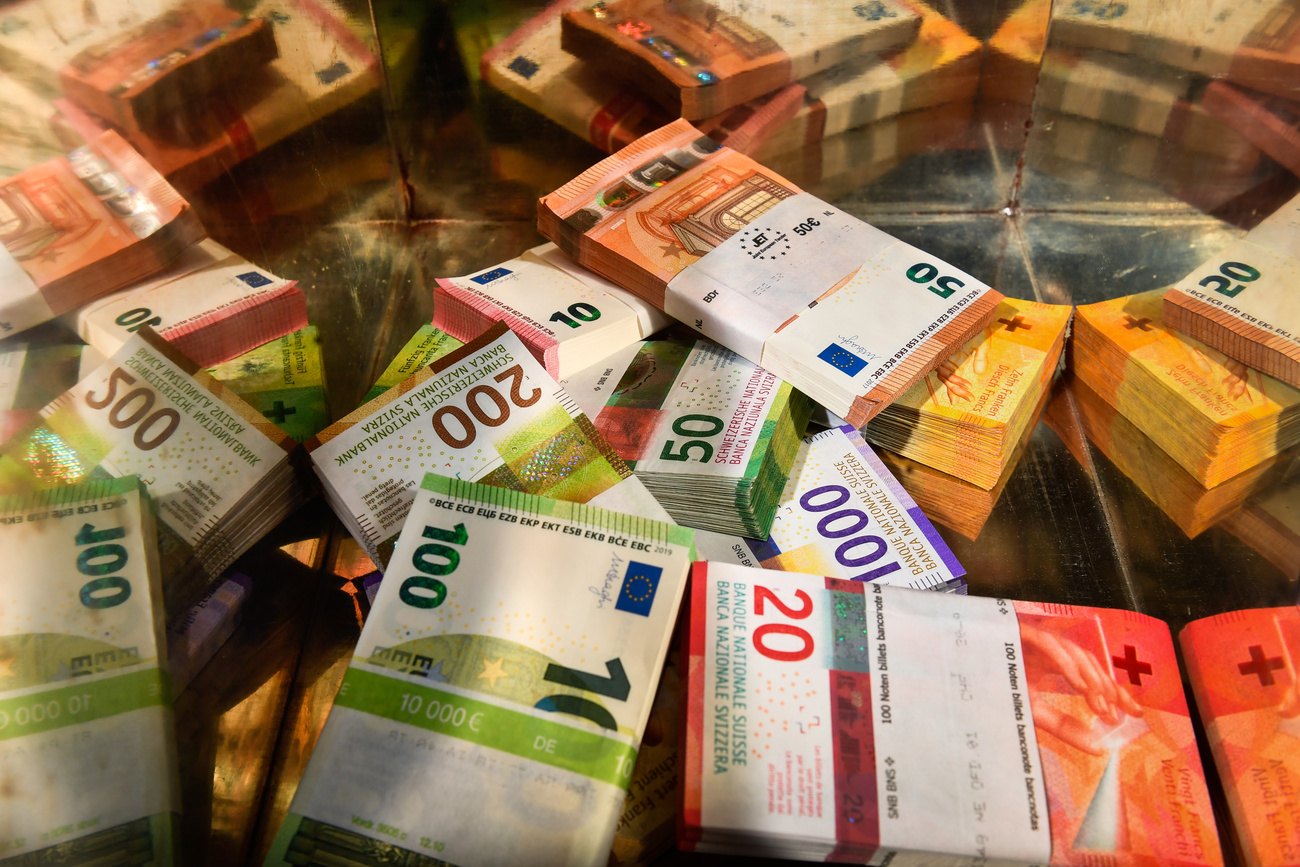





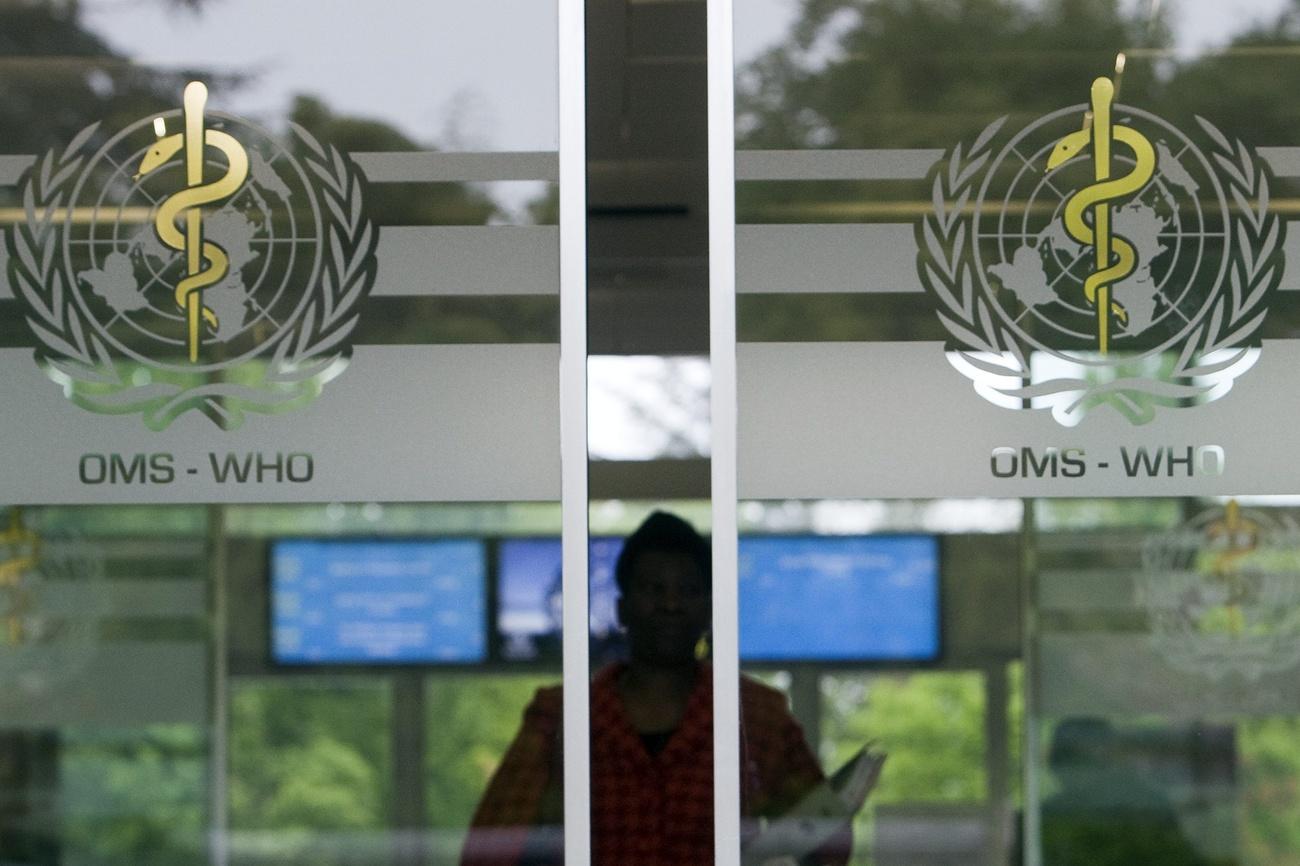
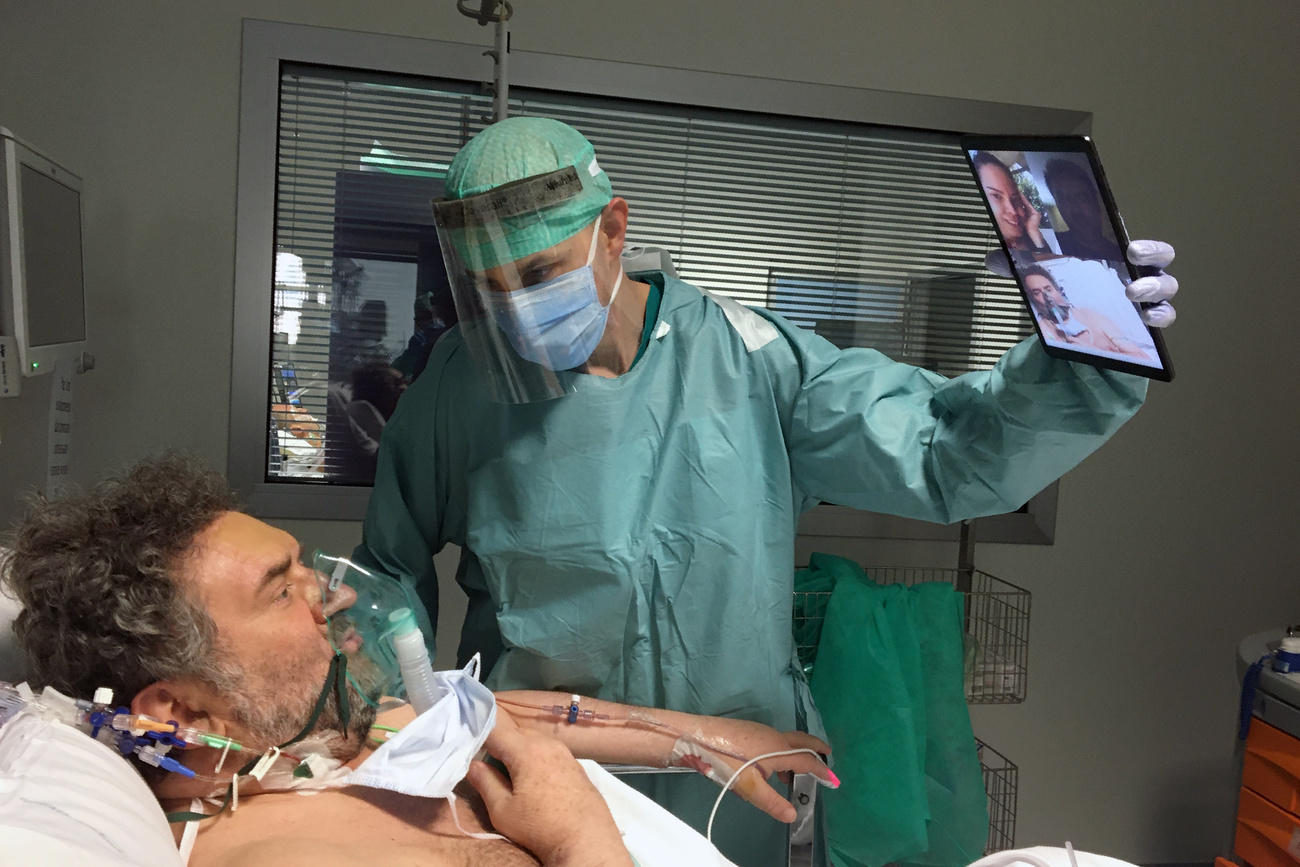

You can find an overview of ongoing debates with our journalists here . Please join us!
If you want to start a conversation about a topic raised in this article or want to report factual errors, email us at english@swissinfo.ch.